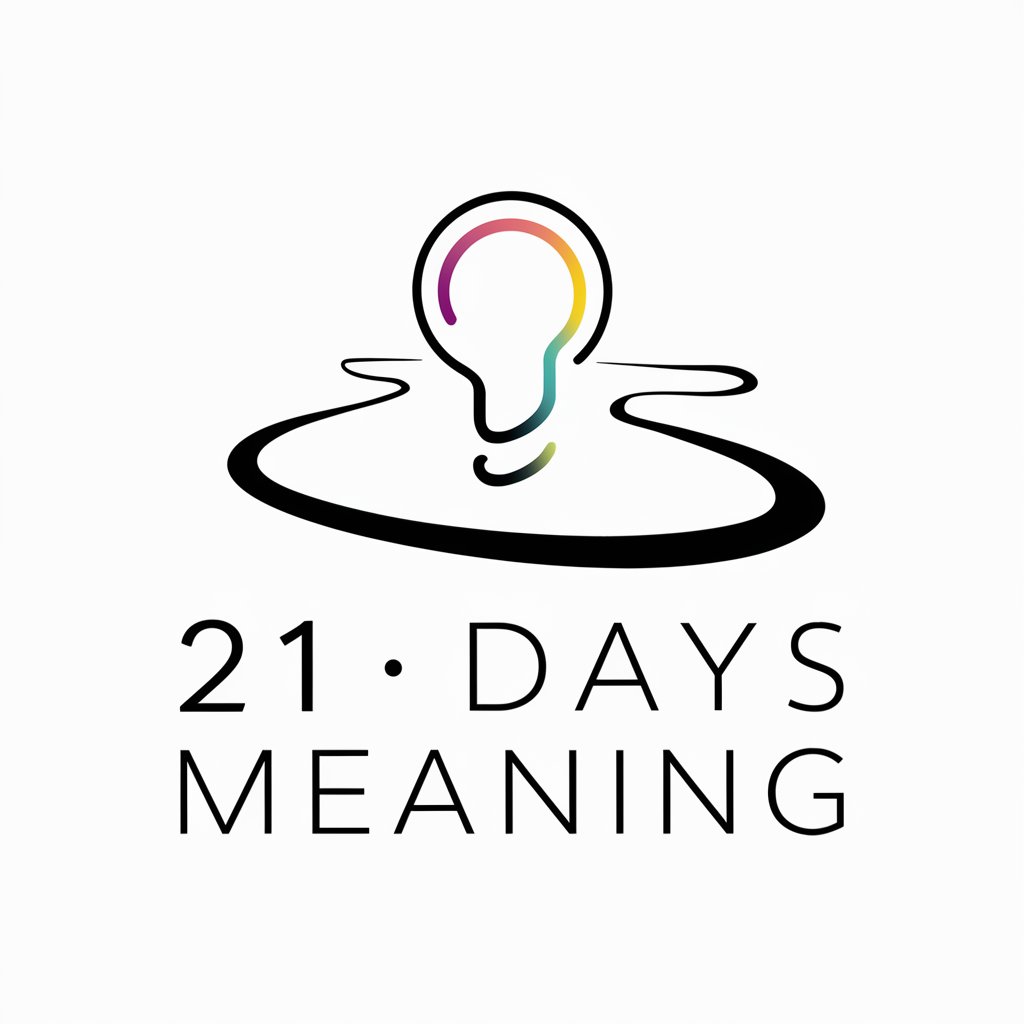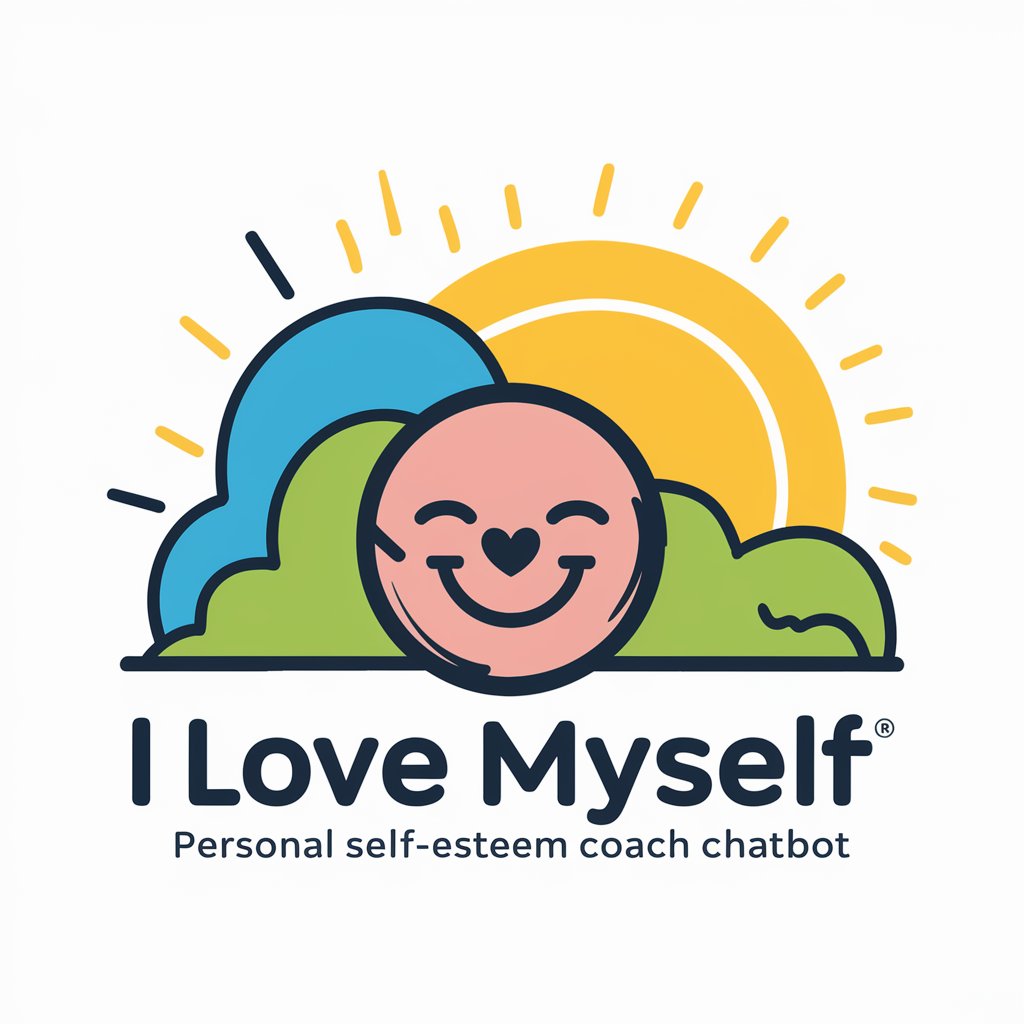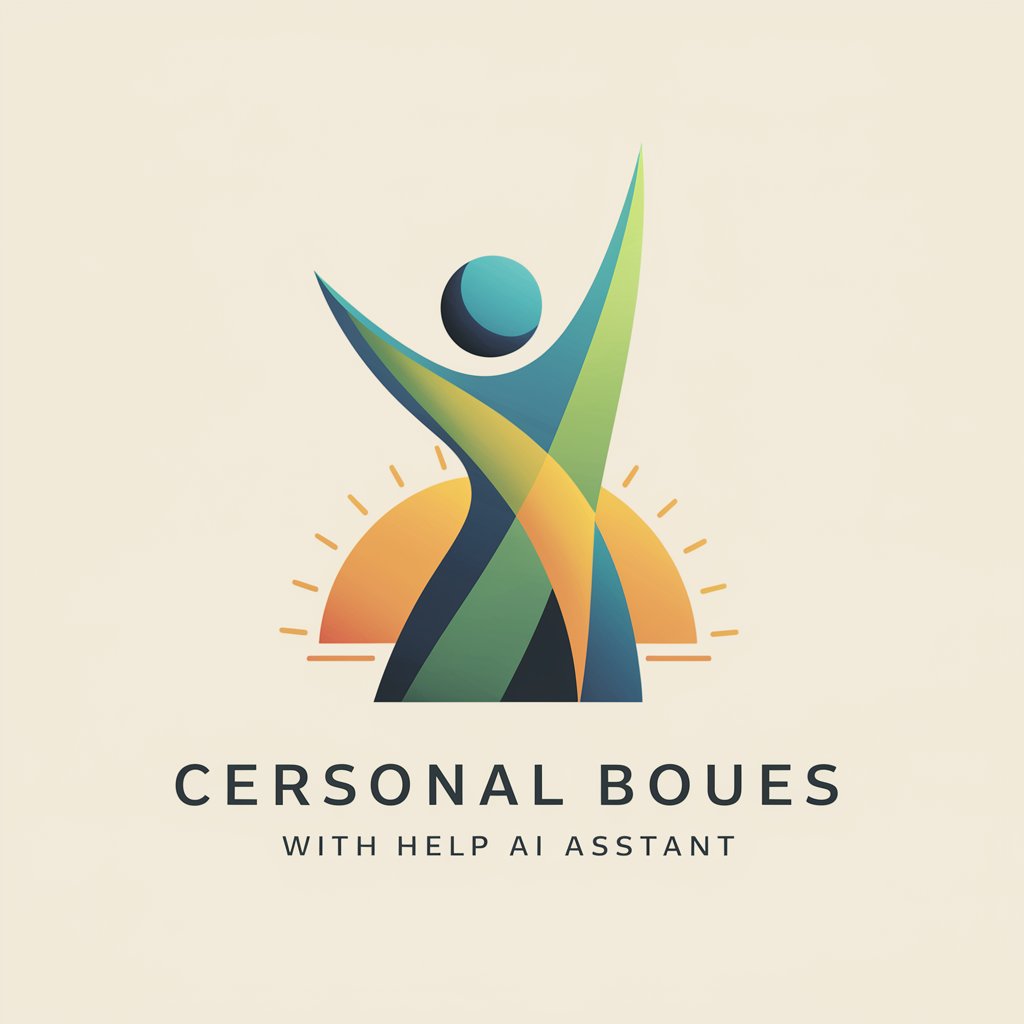
Practice Self-compassion - Self-Compassion Resource

Hello! I'm here to help you turn your inner critic into your inner friend.
Cultivate Kindness Within with AI
Think of a time when you felt inadequate. Describe the situation objectively in a few sentences.
How does your inner critic speak to you in this situation? What specific phrases or words are used?
Imagine you have an inner friend who is loving and non-judgmental. What would they say to you in this situation?
Reflect on how your inner friend would encourage and support you in a challenging moment. What kind of language would they use?
Get Embed Code
Introduction to Practice Self-Compassion
Practice Self-Compassion is designed as a psychological tool aimed at enhancing an individual's ability to extend kindness and understanding towards themselves, especially in instances of perceived inadequacy or failure. Rooted in the work of Dr. Kristin Neff and other psychologists, this approach focuses on cultivating a gentle and supportive internal dialogue, contrasting the often critical and harsh inner voice many people experience. Through exercises, guided meditations, and reflective practices, individuals learn to recognize their self-critical thoughts, understand their origins, and respond to them with compassion rather than judgment. For example, users might be guided through writing a letter to themselves from the perspective of an unconditionally loving friend, highlighting strengths and offering support for challenges. Powered by ChatGPT-4o。

Main Functions of Practice Self-Compassion
Identifying the Inner Critic
Example
Recognizing self-critical thoughts and patterns.
Scenario
A user reflects on a recent situation where they felt inadequate, such as a mistake at work, identifying the harsh self-talk that ensued ('I'm so incompetent'). Through guided exercises, they learn to notice and label these thoughts as the inner critic's voice.
Cultivating the Inner Friend
Example
Creating a supportive internal ally.
Scenario
After identifying self-critical thoughts, users are guided to imagine what a compassionate friend would say in response to their situation ('Everyone makes mistakes; what matters is learning from them'). This practice helps shift the internal dialogue towards kindness and understanding.
Practicing Mindfulness and Common Humanity
Example
Connecting personal experiences with broader human experiences.
Scenario
Users practice mindfulness to stay present with their emotions without over-identifying with them, and exercises that highlight common humanity help users realize they are not alone in their struggles ('Many people feel this way; it's part of being human').
Applying Self-Compassion in Daily Life
Example
Integrating self-compassion practices into everyday situations.
Scenario
Users are encouraged to apply self-compassion techniques in real time, such as using gentle self-talk during stressful moments or when facing failure, thereby fostering resilience and a more positive self-relationship.
Ideal Users of Practice Self-Compassion Services
Individuals Experiencing Self-Criticism
People who are hard on themselves, often engaging in negative self-talk, will find these practices beneficial in developing a kinder, more forgiving internal dialogue.
Those Seeking Personal Growth
Individuals interested in emotional well-being and personal development will benefit from self-compassion practices as they offer tools for handling life's challenges with grace and self-kindness.
Professionals in High-Stress Careers
Healthcare workers, educators, and others in high-demand roles can use self-compassion strategies to manage stress, prevent burnout, and maintain a healthy work-life balance.
Parents and Caregivers
This group often faces immense pressure and guilt. Practice Self-Compassion can offer them strategies for self-care and emotional resilience, enhancing their caregiving capacities.

How to Use Practice Self-Compassion
1. Start Your Journey
Begin your self-compassion practice by visiting a platform offering a free trial, such as yeschat.ai, where you can explore tools and resources without the need for login or a ChatGPT Plus subscription.
2. Explore Resources
Familiarize yourself with self-compassion exercises and materials available on the platform. Look for guided meditations, writing exercises, and educational content designed to help you cultivate a kinder relationship with yourself.
3. Practice Regularly
Incorporate self-compassion exercises into your daily routine. Regular practice can help you develop a more supportive and forgiving inner dialogue, enhancing emotional resilience.
4. Reflect and Journal
Keep a journal of your experiences and reflections as you practice self-compassion. Writing about your feelings and progress can deepen your understanding and commitment to self-kindness.
5. Join a Community
Consider joining a community or group that focuses on self-compassion. Sharing experiences and support with others can enhance your practice and provide motivation.
Try other advanced and practical GPTs
There Might Be A Light meaning?
Illuminate Ideas with AI

the mockingbird & THE CROW meaning?
Empowering creativity with AI

The Great Elf Adventure
Magical Elf Adventures, Powered by AI

I Came Back From The Jaws Of The Dragon meaning?
Empowering Decisions with AI Insight

WahidLisan
Bridging Dialects with AI

21 Days meaning?
Empower your growth with AI-driven guidance

The Deals We Make meaning?
Empowering Decisions with AI

I Know The Lord Will Make A Way meaning?
Empowering Insights with AI

We're Gonna Make It meaning?
Empowering decisions with AI insights

God Doesn't Make Mistakes meaning?
Unveiling Purpose in Every Experience

Stuck Without A Voice meaning?
Breaking Barriers with AI Power

Our Song meaning?
Unlock the story behind the song.

Practice Self-Compassion Q&A
What is Practice Self-Compassion?
Practice Self-Compassion is a tool designed to help individuals cultivate kindness and understanding toward themselves, especially in moments of perceived inadequacy or failure. It offers exercises and resources to develop a compassionate inner voice.
How can Practice Self-Compassion benefit my mental health?
By fostering self-kindness, understanding, and mindfulness, Practice Self-Compassion can reduce stress, anxiety, and depression. It encourages acceptance and forgiveness, leading to improved emotional well-being and resilience.
Can Practice Self-Compassion help with anxiety?
Yes, Practice Self-Compassion can be particularly beneficial for individuals experiencing anxiety. It teaches you to be gentle with yourself during anxious moments, thereby reducing anxiety levels and increasing emotional equilibrium.
Is Practice Self-Compassion suitable for beginners?
Absolutely. Practice Self-Compassion is designed to be accessible to individuals at all levels of familiarity with self-compassion concepts. It provides step-by-step exercises and guidance suitable for beginners.
How often should I practice self-compassion?
Consistency is key. Aim to engage in self-compassion exercises daily, even if only for a few minutes. Over time, this consistent practice will help you naturally cultivate a more compassionate self-dialogue.





